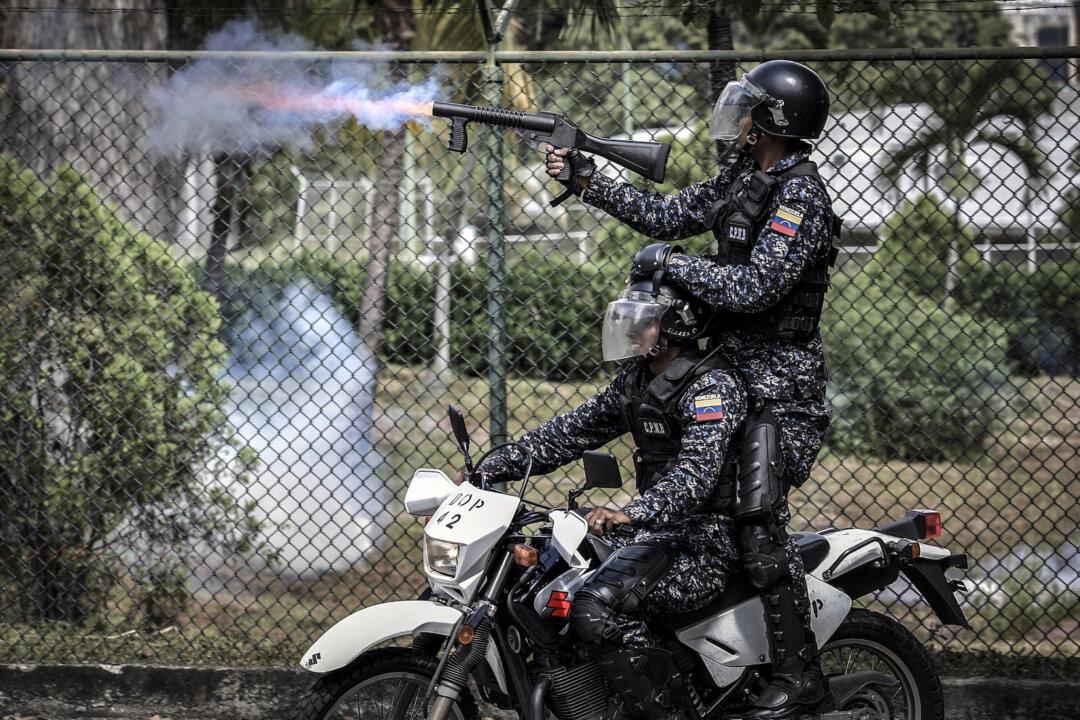The CCP has built a vast, high-technology system to surveil the Chinese people, and it is exporting this system as part of its One Belt, One Road initiative. Two of the primary players in this push are the companies ZTE and Huawei.
Recently, Sens. Marco Rubio (R-Fla.) and Chris Van Hollen (D-Md.) warned the Trump administration that ZTE was helping China export surveillance tactics to the Nicolás Maduro regime. The Chinese telecommunications giant, which has been penalized for violating trade sanctions on Iran and North Korea, may acquire additional U.S. sanctions as the company’s business with the Venezuelan government faces new scrutiny.





